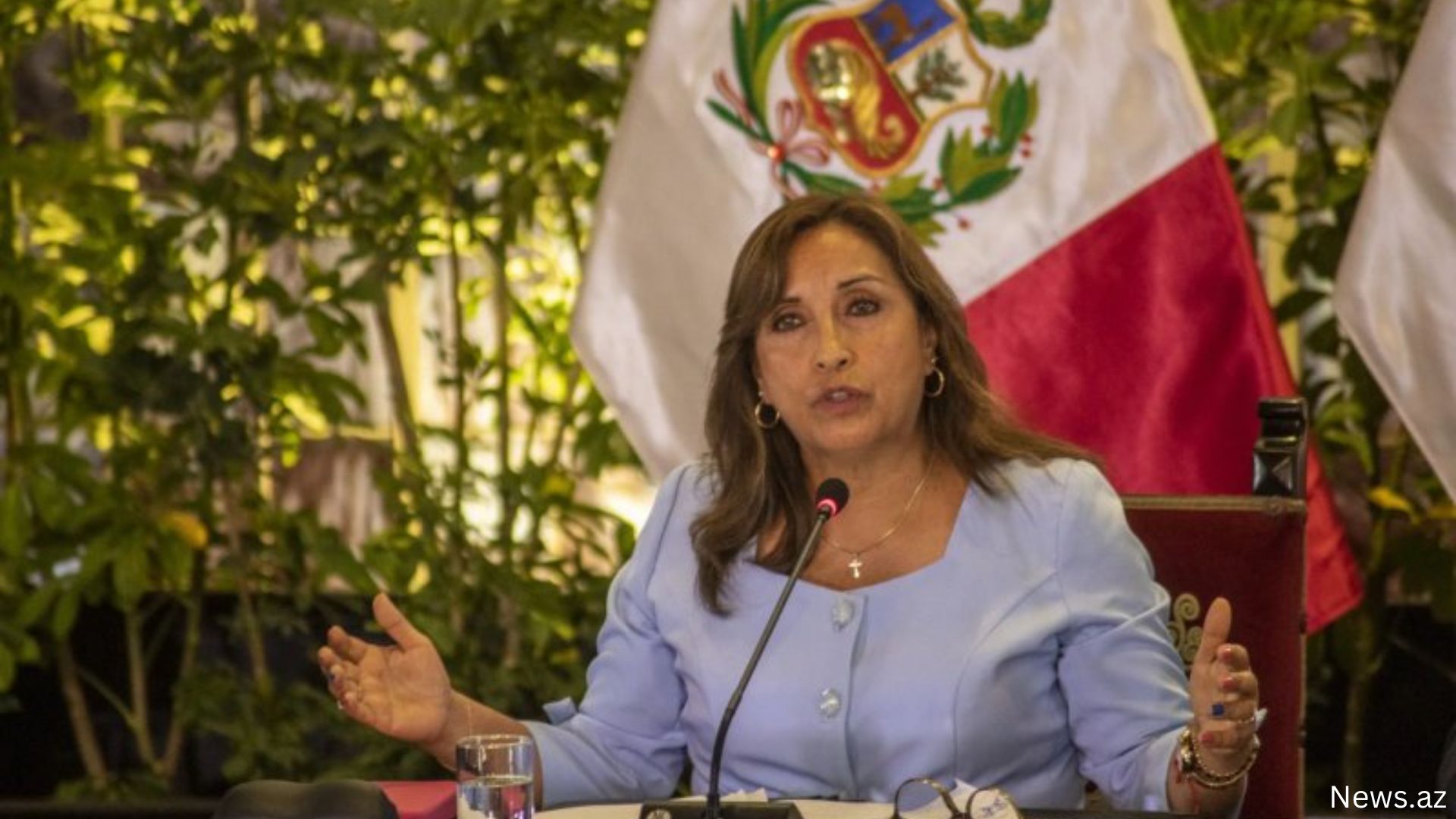Peru Lawmakers Vote to Oust President Dina Boluarte Over Crime Crisis
In a dramatic development, Peru’s Congress voted to remove President Dina Boluarte from office, citing her administration’s inability to address a surge in violent crime that has gripped the nation. The decision marks a critical turning point in Peru’s ongoing political instability, as public frustration over safety concerns reached a boiling point.
Rising Crime Sparks Public Outcry
The immediate impetus for Boluarte’s removal was a series of high-profile crimes, including shootings, robberies, and violent assaults that have heightened public anxiety. According to government statistics, homicides and assaults have risen sharply in urban centers, straining law enforcement resources and shaking public confidence.
A recent incident at a crowded music concert in Lima, where several individuals were injured during a shooting, epitomized the sense of insecurity felt by citizens. Social media and news outlets quickly amplified public outrage, intensifying pressure on lawmakers to take decisive action.
Congressional Vote and Political Fallout
Congress initiated proceedings to remove Boluarte following multiple motions citing negligence in combating crime and ensuring public safety. In a decisive vote, lawmakers approved her impeachment, with a majority citing the president’s failure to implement effective security measures as a key justification.
Boluarte, who assumed the presidency in December 2022 following the impeachment of her predecessor, Pedro Castillo, has faced persistent criticism for her handling of both governance and public security. Approval ratings for her administration had fallen to historic lows, reflecting widespread dissatisfaction with her leadership and the state’s capacity to protect citizens.
The vote to oust Boluarte underscores the volatility of Peruvian politics. Since 2018, the country has experienced six presidents, highlighting deep-rooted challenges in political stability, governance, and public trust. Analysts warn that this latest upheaval could further complicate efforts to restore confidence and maintain order, particularly amid escalating criminal activity.
Challenges Facing the New Administration
With Boluarte removed, Peru enters a transitional period that will demand urgent attention to both political governance and public safety. Upcoming general elections are scheduled for April, and officials must navigate the dual challenge of managing immediate security concerns while preparing for a democratic transfer of power.
Experts note that the new administration will need to focus on comprehensive strategies for crime prevention, including increased policing, community engagement, and social programs aimed at addressing root causes of violence. Without sustained efforts, there is a risk that crime rates could continue to rise, further destabilizing the nation and eroding public confidence.
Public and Expert Reactions
Public reaction to Boluarte’s removal was mixed. Some citizens celebrated the decision as a long-overdue measure to hold leadership accountable for rising crime, while others expressed concern that political turmoil could exacerbate instability.
Security analysts emphasize that while leadership changes may satisfy immediate political demands, long-term solutions require systematic reforms. These include improving law enforcement capabilities, strengthening the judicial system, and addressing socioeconomic factors that contribute to criminal behavior.
Political commentators also point to the importance of transparency and accountability in governance. Boluarte’s impeachment illustrates that public dissatisfaction, when amplified by real security concerns, can precipitate swift political action. However, they caution that removing a leader does not automatically resolve underlying societal and institutional issues.
Broader Implications
Peru’s latest political crisis has implications beyond national borders. Neighboring countries and international observers are closely monitoring developments, particularly regarding stability, crime control, and the potential impact on regional investment and economic confidence.
The decision also reflects a growing expectation that governments must respond effectively to public safety concerns or face political consequences. In a region where crime and governance challenges are often intertwined, Peru’s example may influence how other nations prioritize law enforcement, social programs, and leadership accountability.
Looking Forward
As Peru navigates this transitional period, the focus will inevitably turn to both immediate security measures and long-term reforms. Experts emphasize the need for data-driven crime prevention strategies, investment in community policing, and programs that address systemic socioeconomic disparities contributing to criminal activity.
The new administration will also need to engage citizens, civil society, and law enforcement agencies collaboratively to rebuild trust and demonstrate that public safety is a top priority. Failure to act decisively could prolong unrest and hinder Peru’s ability to stabilize politically and socially.
Conclusion
The removal of President Dina Boluarte highlights the intersection of politics and public security, illustrating how rising crime can rapidly destabilize even high-level leadership. While the impeachment is a major political event, the challenges of governance and crime prevention remain pressing and complex.
For Peruvians, the hope is that the political transition will pave the way for stronger leadership, more effective security measures, and meaningful reform. The country faces an urgent need to restore public confidence, reduce crime, and create conditions for a safer, more stable society.
The ousting of Boluarte is a stark reminder that political accountability is essential, but it is only the first step in addressing the broader societal challenges that fuel crime and instability.
%20(4).png)




.jpg)
.png)
.png)
.png)
